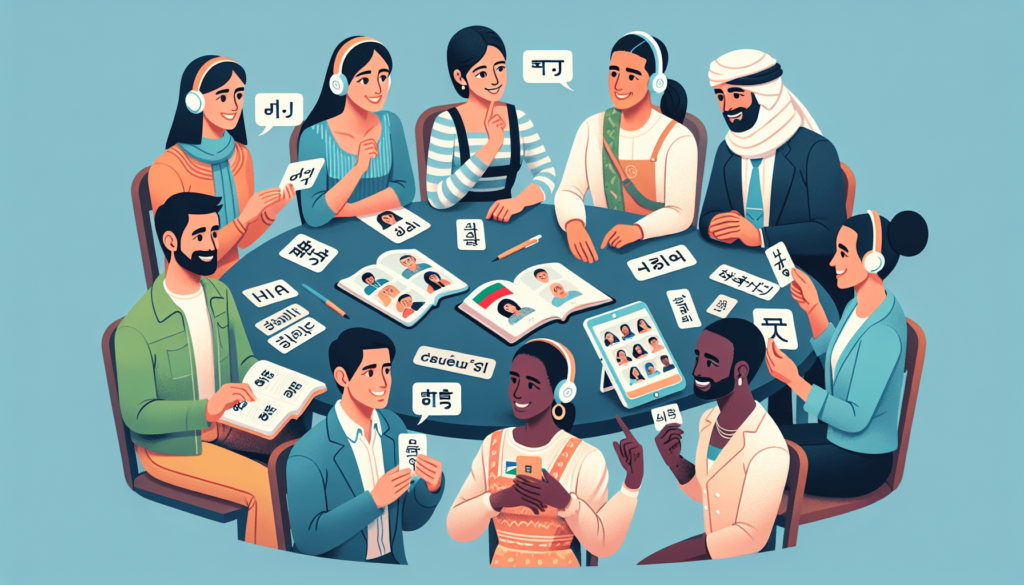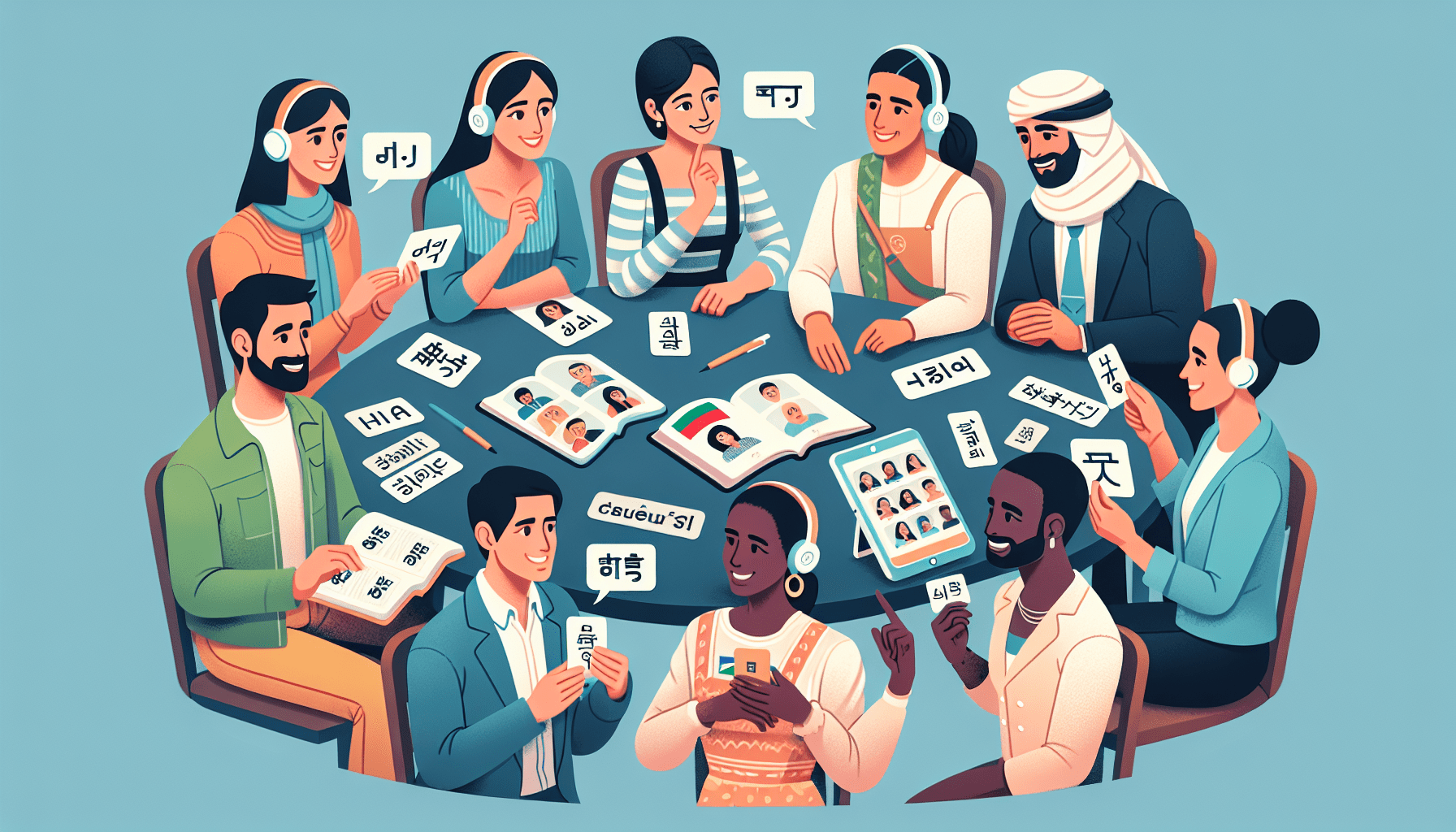How does culture influence language acquisition?
Language acquisition is a complex process that is greatly influenced by various factors, with culture playing a significant role. The impact of culture on language acquisition is profound and can shape how individuals learn, use, and perceive language. In this article, we will explore the ways in which culture can influence language acquisition and provide insights into the importance of understanding this relationship.

Cultural influences on language development
Culture plays a crucial role in shaping how language is acquired and used. From the earliest stages of development, cultural influences are at play, impacting the language environment in which individuals are exposed to. For example, the languages spoken in the home, cultural norms surrounding communication, and societal expectations regarding language proficiency can all influence language development.
Language exposure in the home
The language or languages spoken in the home environment are a key cultural influence on language acquisition. Children are exposed to the languages spoken by their family members, which can shape their linguistic abilities and preferences. For example, a child growing up in a bilingual household may have an easier time learning multiple languages compared to a child who is only exposed to one language.
Cultural norms and communication styles
Cultural norms and communication styles also play a significant role in language acquisition. Different cultures may have varying expectations regarding communication, such as the appropriate use of formal and informal language, nonverbal cues, and conversational turn-taking. These cultural norms can impact how individuals learn to use language in different social contexts.
The role of culture in language learning
Culture is not only important in shaping how language is acquired but also influences the process of language learning itself. Cultural values, beliefs, and practices can impact how individuals approach language learning and the strategies they use to improve their language skills.
Cultural values and language learning
Cultural values can influence how individuals prioritize language learning and the importance they place on mastering different languages. For example, in some cultures, language proficiency may be highly valued and seen as a key component of personal and professional success. In contrast, in other cultures, language learning may be viewed as less important, leading to differences in motivation and effort in acquiring new languages.
Cultural practices and language acquisition strategies
Cultural practices can also impact the language acquisition strategies that individuals use. For example, individuals from collectivist cultures may prefer collaborative language learning methods that emphasize group work and cooperation, while those from individualistic cultures may prefer more independent study approaches. Understanding these cultural preferences can help language learners tailor their learning strategies to be more effective.
Language, culture, and identity
Language and culture are deeply intertwined, with language serving as a key marker of cultural identity. The languages we speak are often closely tied to our cultural backgrounds, shaping how we perceive ourselves and how others perceive us. Understanding the relationship between language, culture, and identity is essential for language learners to navigate complex cultural contexts.
Language and cultural identity
Language is a fundamental aspect of cultural identity, providing a connection to one’s heritage, history, and community. For many individuals, language is a source of pride and belonging, reflecting their cultural roots and values. Maintaining and preserving one’s language can also be a way to preserve cultural traditions and pass them on to future generations.
Language, culture, and social interactions
Language plays a crucial role in shaping social interactions and relationships within cultural contexts. The way we use language, including the choice of words, tone of voice, and nonverbal cues, can convey important cultural meanings and signals. Understanding these nuances is essential for effective communication and building meaningful connections with others.
Strategies for integrating culture into language learning
Incorporating culture into language learning can enhance the learning experience and deepen one’s understanding of the language. By exploring cultural aspects such as customs, traditions, and social norms, language learners can gain valuable insights into the context in which the language is used and develop a more nuanced understanding of the language.
Cultural immersion experiences
One effective way to integrate culture into language learning is through cultural immersion experiences. This may involve studying abroad in a country where the language is spoken, participating in cultural exchange programs, or engaging with native speakers in authentic cultural settings. By immersing oneself in the culture, language learners can gain firsthand exposure to the language in context and develop cultural competency.
Cultural content and resources
Language learners can also benefit from incorporating cultural content and resources into their studies. This may include reading literature, watching films, listening to music, and exploring cultural artifacts related to the language being learned. By engaging with cultural materials, learners can deepen their understanding of the cultural context in which the language is used and gain insights into the values, beliefs, and practices of the culture.

Conclusion
In conclusion, culture plays a significant role in shaping language acquisition and learning. By understanding the influence of culture on language development, learners can enhance their language abilities and develop a more profound appreciation for the languages they are studying. Embracing cultural diversity and incorporating cultural aspects into language learning can enrich the learning experience and foster greater intercultural understanding. So, as you embark on your language learning journey, remember the importance of culture in shaping how you learn, use, and perceive language.

